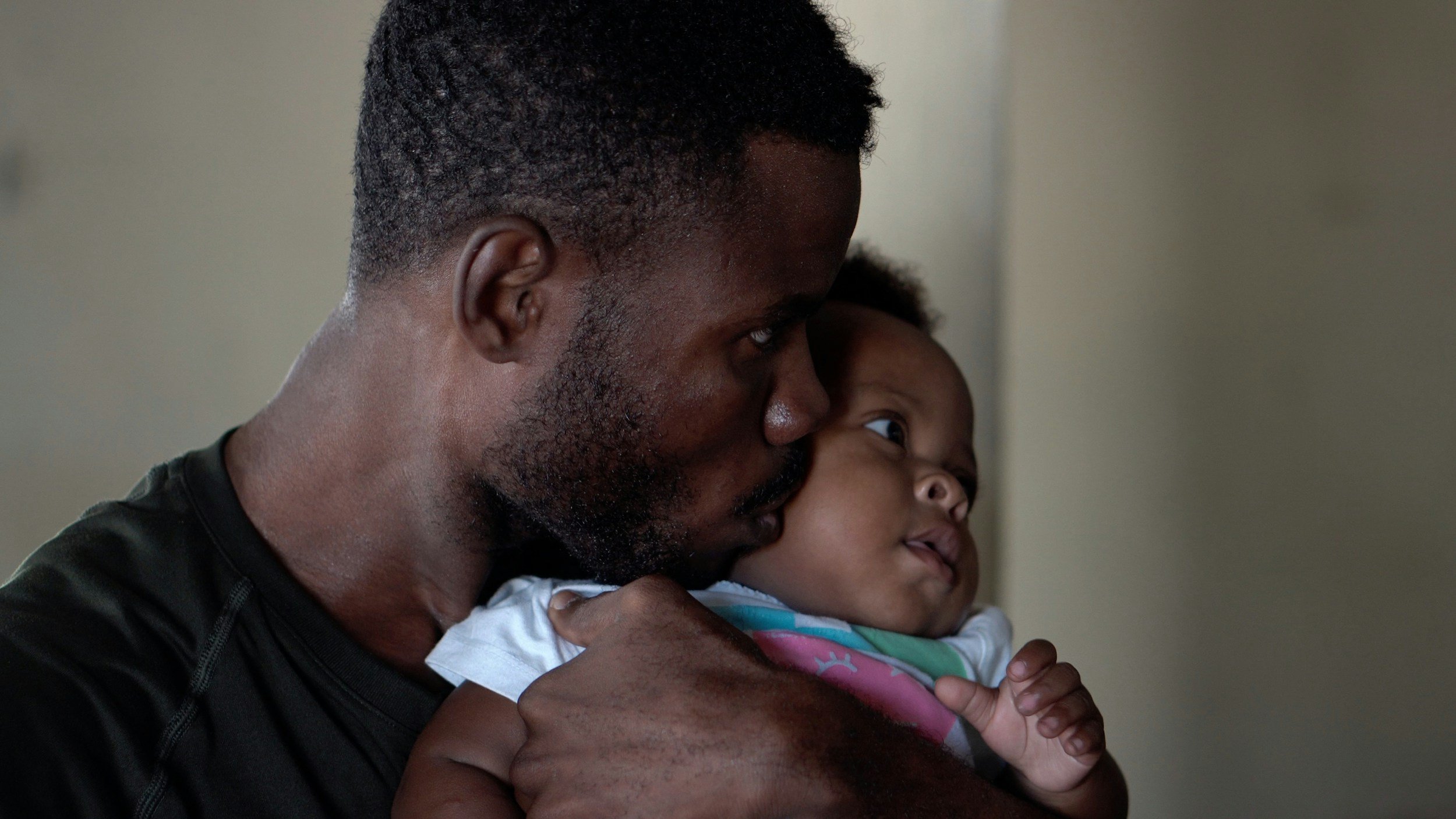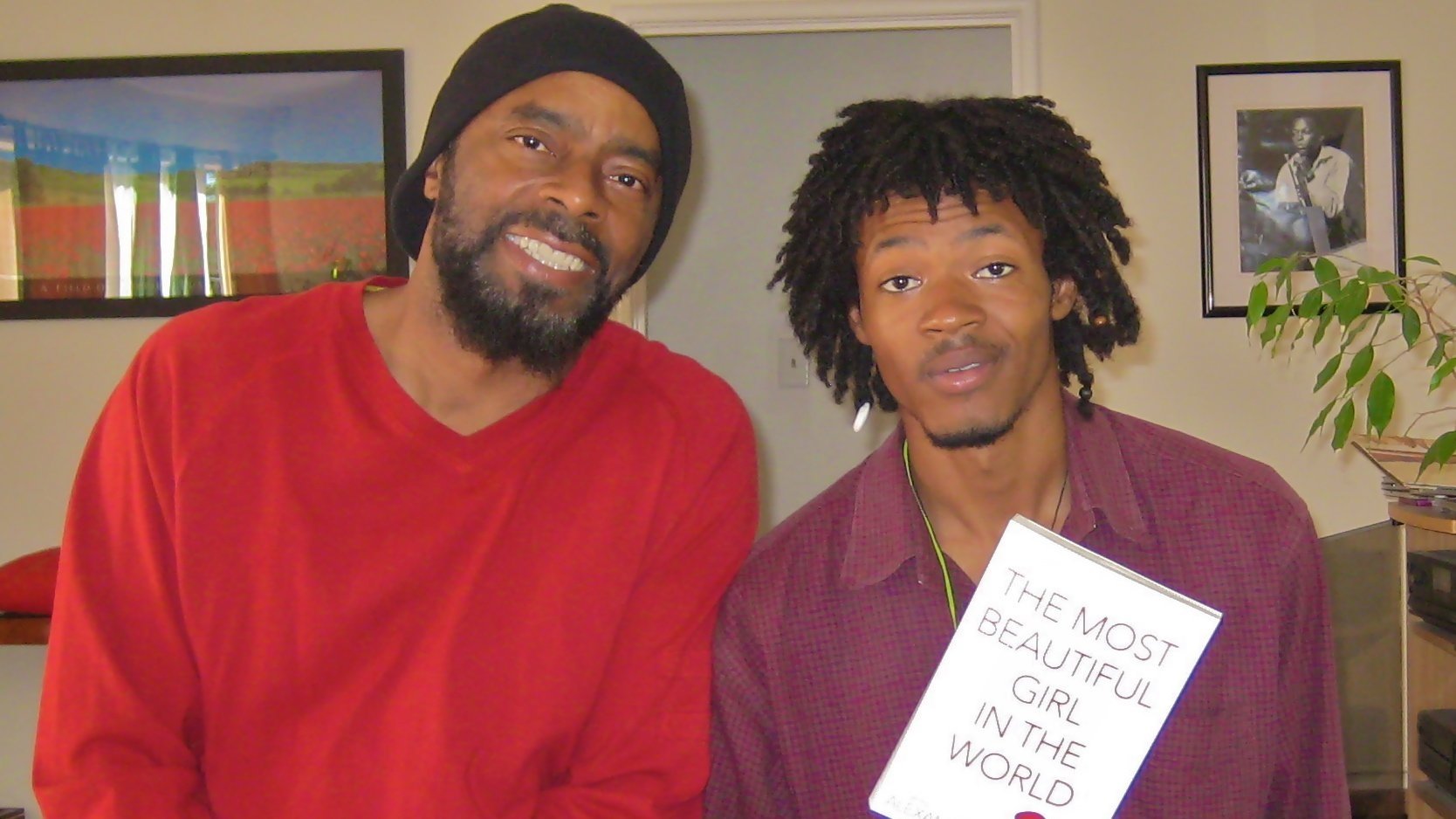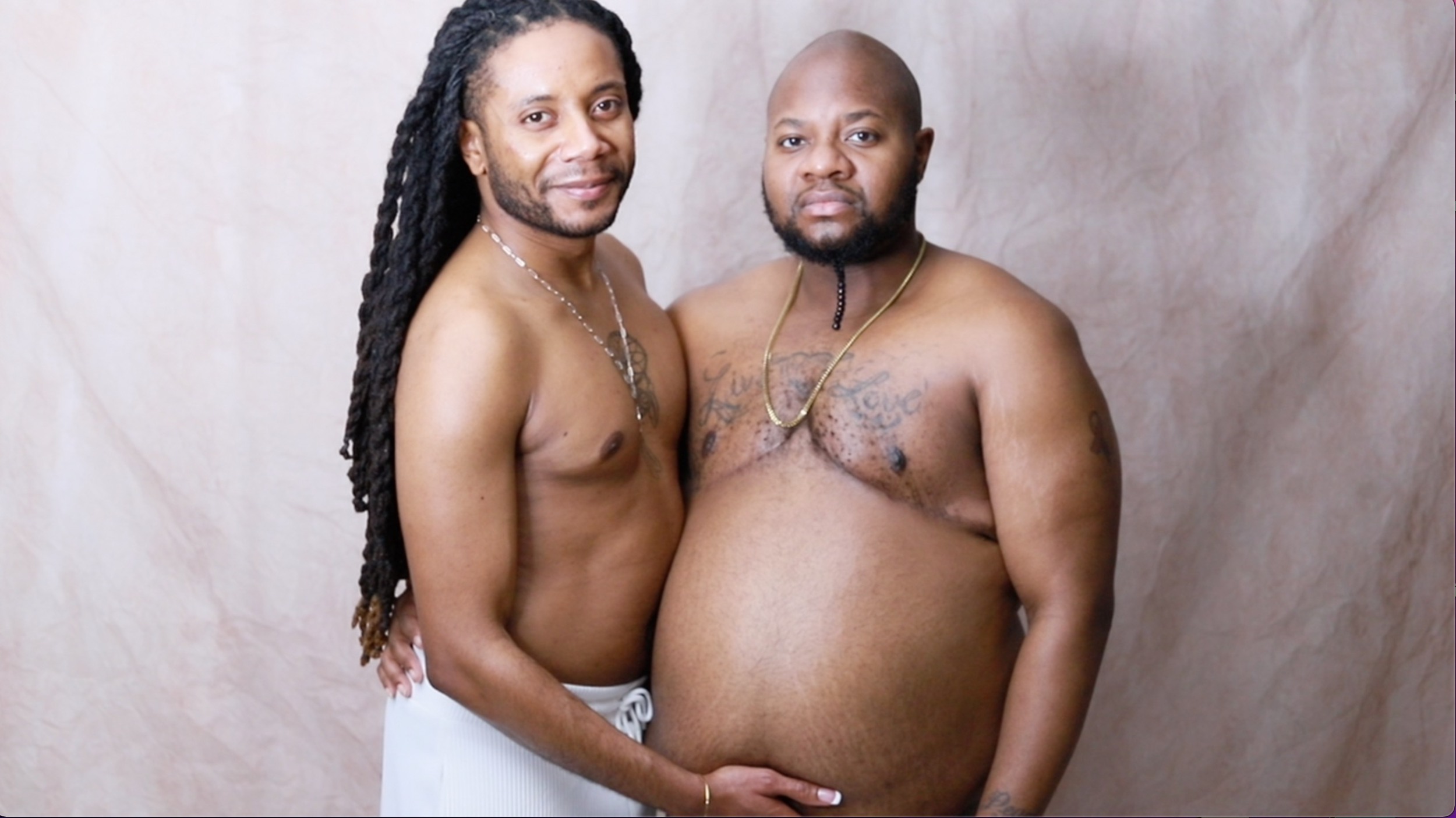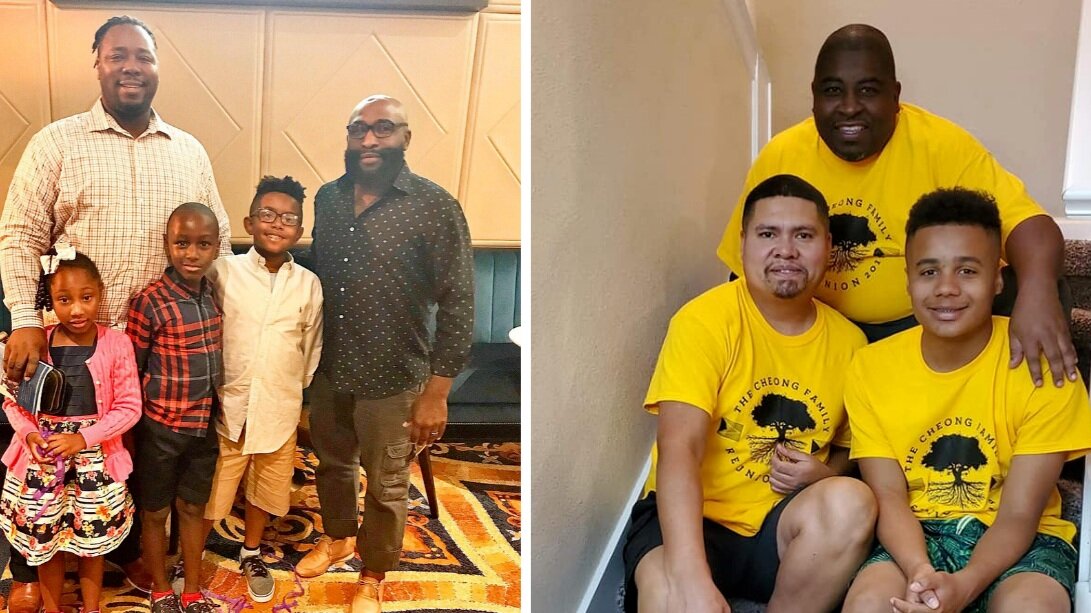One Step Forward & Two Steps Back: Unpacking the Heteronormative Barriers to Gay Men Having Children
While it is important to highlight fatherhood and those who shepherd their children into adult life, we frequently forget to ask a critical question: who gets the opportunity (and privilege) to be a father if desired? For many men who identify as queer, there is a delta between wanting a child and having one.













